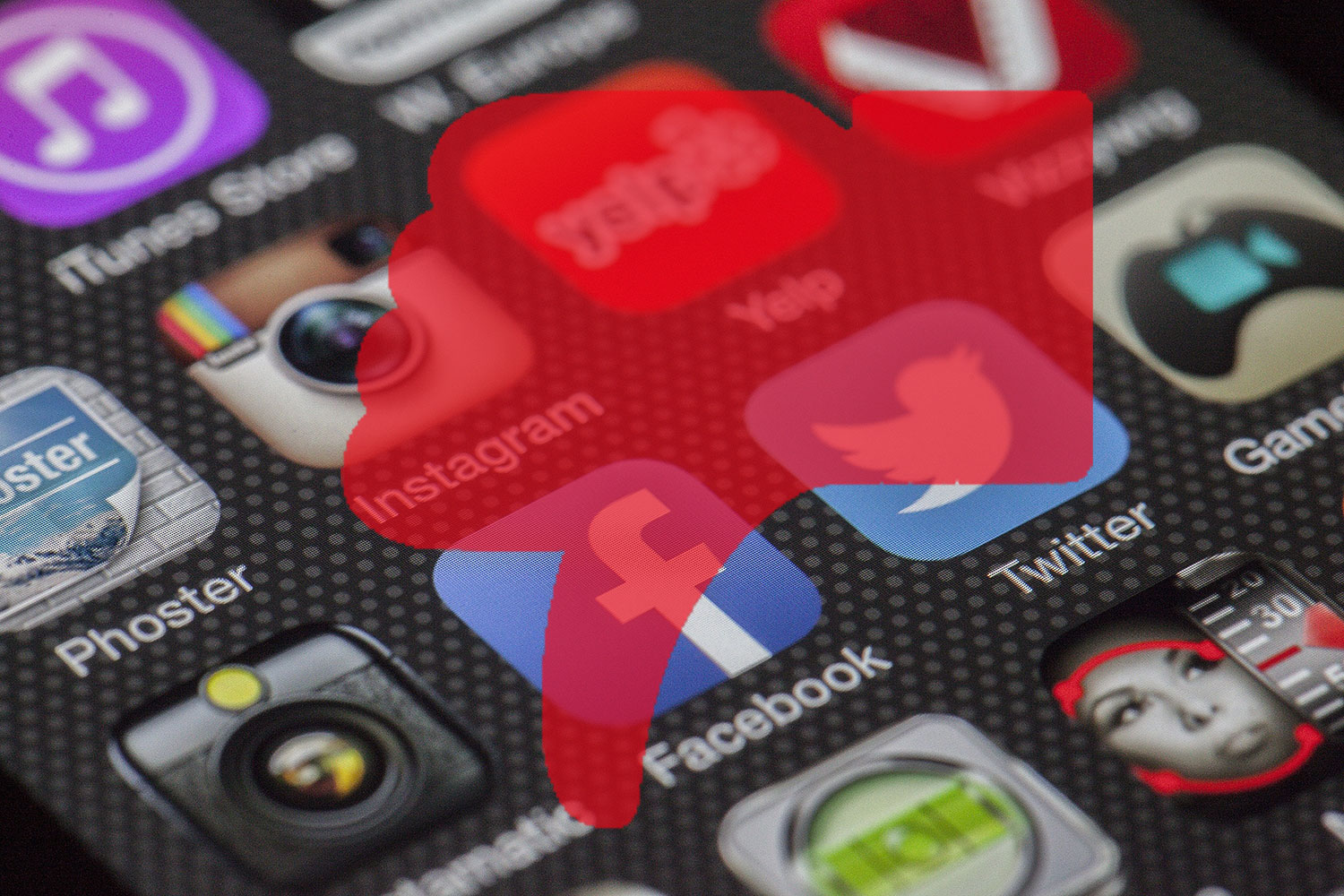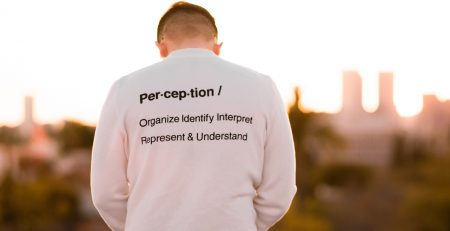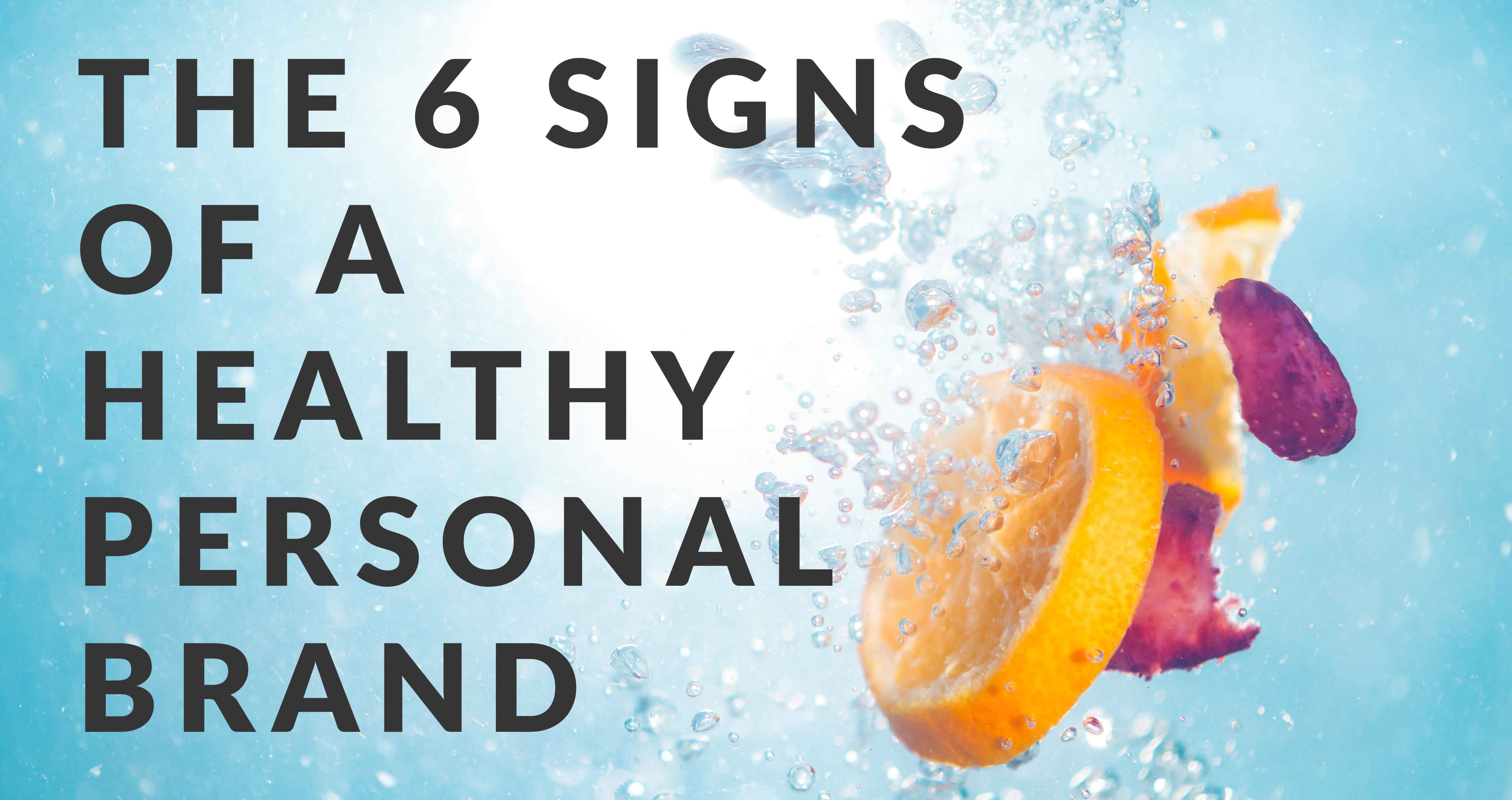In a highly competitive job market, your Personal Brand is the secret weapon to standing out. Building and communicating your professional identity and brand should be a key strategy for a successful career.
Strategic use of Social Media can help you seriously boost your visibility, position you as a subject matter expert in your field, build your credibility and ultimately reinforce your Personal Brand.
But what if your employer tries to stifle your brand by restricting or even forbidding you to use Social Media?
I was recently working with a client, helping him build his brand and get known as a key figure in his industry. His goal was to position himself as a subject matter expert on a topic he is really passionate about and skilled in – IT cloud-based technologies. So, together we developed a content strategy as he wanted to create informative articles on technologies, which he believes will be highly valuable to others in his industry.
For his first LinkedIn post, he simply shared the link to an existing article on the new features of a major cloud product. Nothing Earth shattering, nothing controversial. Just a whole lotta tech speak.
So, what happened?
Senior Management got pretty upset that he even engaged on Social Media and told him not to post ANYTHING online until further notice, even though this is his own personal LinkedIn account and he is an expert in his field.
I mean, I can understand if they got angry if he was creating content that could damage the reputation of the organisation or if he was breaching confidentiality. However, this was not the case.
In addition to this, the organisation has a very vague and ambiguous Social Media policy too, which seems to exist in a very grey area.
So, this it got me thinking…
How much say should a company have when it comes employees creating and posting content?
Do they have the right to forbid someone to use and contribute on a professional platform like LinkedIn?
How much control should an employer have over the private use of Social Media on professional issues that have no bearing on the business?
Thus, began my journey down the rabbit hole in my quest to determine just how much ownership a company has of your Personal Brand.
I decided to throw these issues to my LinkedIn network for their thoughts and feedback. They did not disappoint. Turns out that people are really passionate about this topic. The verdict; a resounding ‘No’! They do not own your profile.
Overall sentiment was that if a company had such restrictive Social Media policies, it would feel like it was an attempt at part owning a person’s profile and therefore their professional digital footprint, and to some degree their professional identity.
Additionally, they felt that employers should not have free reign over their staffs’ Social Media activities and that employees have a right to a private life and to freedom of expression, especially in a professional capacity.
At first glance, particularly this case in point, it may seem that the employer has undermined the client’s freedom of expression but here’s the interesting thing. Australia does not have a Bill of Rights and so free speech is not a legal right they hold. This means, there are no specific legislative provision for freedom of speech that protects the right of an individual to express their views. So, we cannot fall back on that when a company wants to govern the way we use Social Media. OK, well that sucks!
LinkedIn is an expression of your Personal Brand. And that’s just what it is a ‘PERSONAL’ brand, not a company owned brand. You are not the company. A private LinkedIn account normally relates to a specific person, and not an organisation. It relates to their education, skills, previous work experience and their career in general.
As mentioned before, building your Personal Brand online should be part of an essential strategy to attaining a successful career. By controlling your online activities, even outside of work hours, an organisation can hinder your chances at building your career, getting known, networking and ultimately delay your career success.
Many businesses though acknowledge the benefits of Social Media for building customer relationships, attracting talent and promoting a positive image of the business. An employee’s careful and strategic use of their online presence (through LinkedIn, Twitter, etc.) can contribute positively to that. To ensure a company is protected, many organisations have implemented a Social Media policy with guidelines and standards for employees to follow.
Usually it covers areas such as creating original content or sharing other people’s posts, including any reputational harm it might do, whether it damages the trust in the employment relationship or if it conflicts with the duties of the employee. If companies have a strong view on this, it should be documented, justified and available if they expect their employees to comply.
In this case, the client didn’t post anything that disclosed proprietary information about the company or was anti-competitive or damaging to their reputation. He said nothing objectionable or even close to being contentious. He merely shared the link to an online article that gave a breakdown of new features from a major global software vendor.
If building your Personal Brand is part of your long-term strategy to enjoying a fulfilling career (and it really should be) and your employer takes issue with your Social Media interactions, then you have a couple of options to consider.
You could attempt to drag your employer into the 21st century, and explain to them that genuine, professional Social Media interactions, especially LinkedIn engagements, can have massive benefits for the company and lead to better employer branding, greater visibility as well as business development opportunities for the organisation. So, whilst, they don’t own your Personal Brand, they do benefit from it.
However, if they do not support your right to build and communicate your Personal Brand as a vehicle to attaining a successful career, then it may be time to look for an organisation that does encourage you to grow and not stifle you or your professional voice for that matter.










Leave a Reply